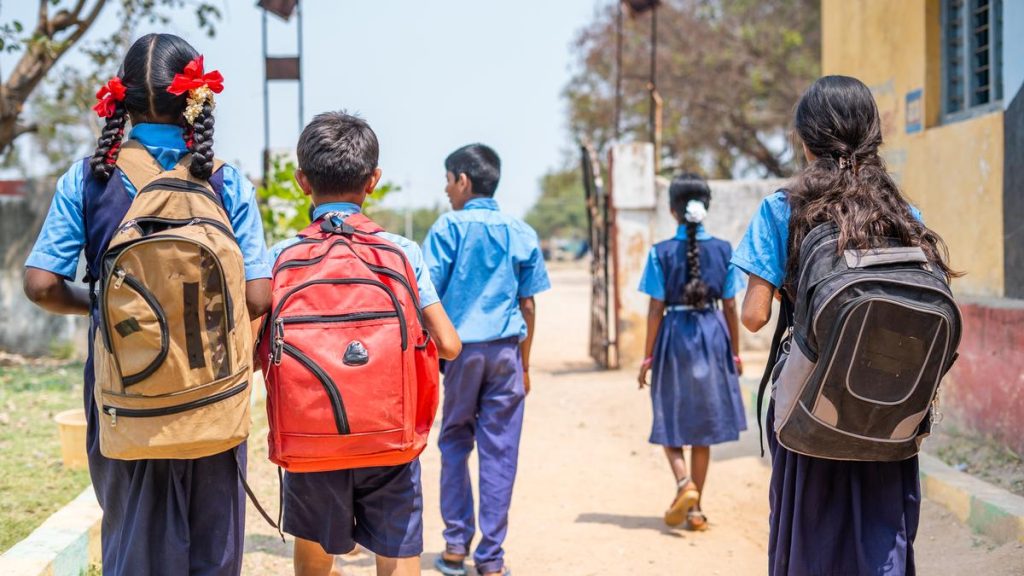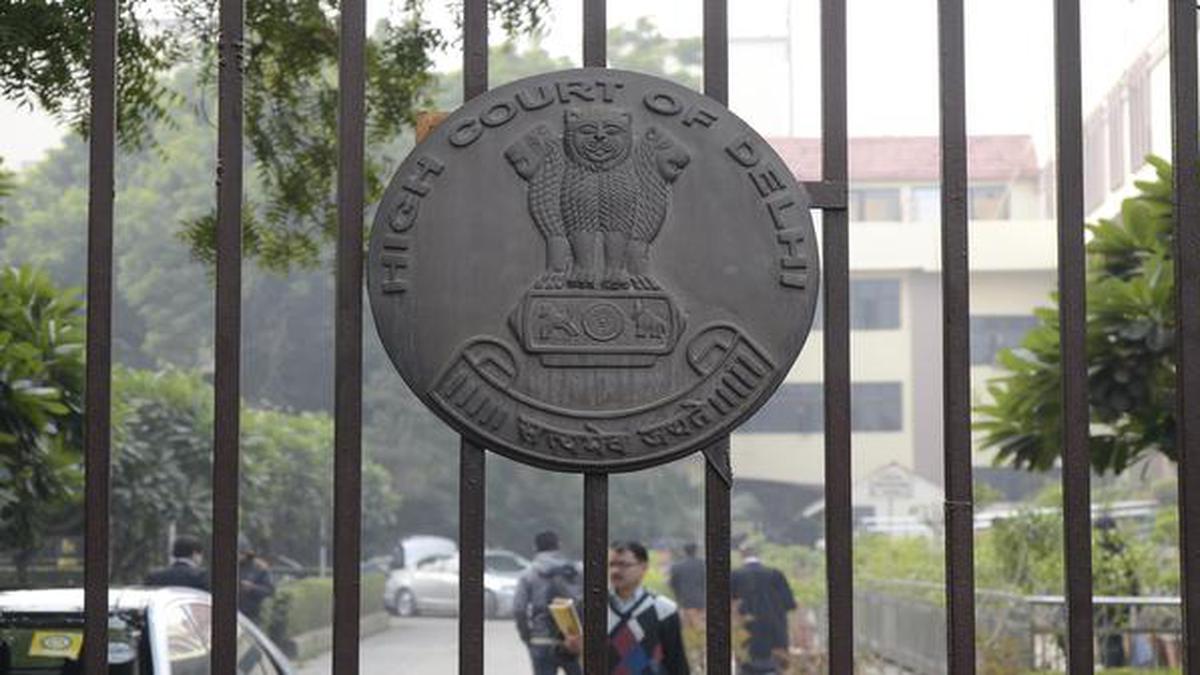Now Reading: Eluru District on Alert for Potential Godavari Floods
-
01
Eluru District on Alert for Potential Godavari Floods
Eluru District on Alert for Potential Godavari Floods

Fast Summary
- Eluru District, Andhra pradesh, is on high alert due to forecasted heavy inflows of over 9 lakh cusecs of floodwater from Bhadrachalam over the next three days.
- District Collector K. vetriselvi held a monsoon preparedness meeting with officials at the Velerupadu Tehsildar office on july 8.
- Key focus areas include proactive evacuation and relief measures in flood-prone mandals like kukunoor and Velerupadu to ensure zero loss of life or property. Vulnerable communities (pregnant women, children, elderly, chronically ill) were prioritized for safe relocation.
- Temporary shelters equipped with clean drinking water, toilets, lighting, mosquito control measures; distribution of tarpaulins planned for hilly and flood-prone areas such as Koyida. Safe relocation facilities provided for cattle and necessary fodder arrangements to be ensured.
- Civil infrastructure repairs include bridges and culverts; reinforcement efforts are underway for weak riverbanks based on past data; uninterrupted transportation plans in place with standby equipment like tree-clearing gear.
- Drinking water pipelines protection from contamination highlighted; testing water samples in affected villages suggested along with sanitation drives to prevent diseases post floods.
- Essential commodity stockpiling sufficient for three months directed by the Civil Supplies Department; Fisheries Department instructed to prepare boats for emergency usage.
- Attendees included Joint Collector P. Dhatri Reddy among other officials from departments such as irrigation, agriculture, civil supplies.
Indian Opinion Analysis
The proactive response by the Eluru district administration underscores India’s increasing focus on disaster preparedness amidst erratic weather patterns linked to climate change. By prioritizing vulnerable communities and diversifying resources-such as temporary shelters provided with extensive facilities-it reflects an organized approach aimed at reducing fatalities during natural calamities like floods or cyclones.
Moreover, emphasis on repairing infrastructure before emergencies arise demonstrates foresight that can mitigate damages significantly if acted upon effectively within timelines set by past data records. Coordination between multiple departments (irrigation/agriculture/electricity/telecom) signals systemic thinking crucial during layered crises involving dialog disruptions or disease outbreaks due contaminated resources Awareness-driven planning boosts confidence levels externally residents rely anticipation promised safety recovery supports ratio-built proportional preparatory scaleahead forecast
read more: [Link Placeholder]
























